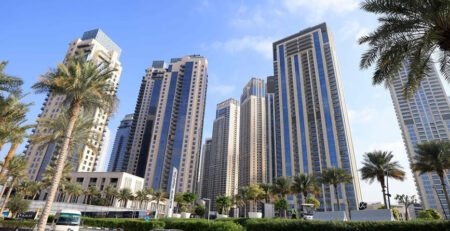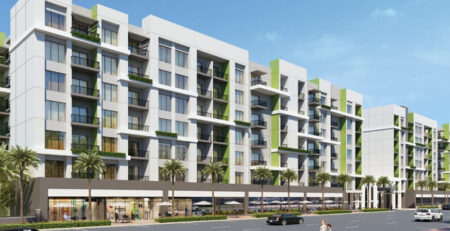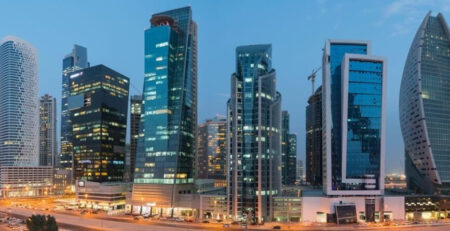Who Buys Most Properties in Dubai?
Are you curious about the vibrant real estate landscape of Dubai? Wondering who exactly is fueling the city’s property boom?
With its gleaming skyscrapers, luxurious developments, and world-class amenities, Dubai has become a magnet for investors and homebuyers from all corners of the globe. From local Emiratis to expatriates seeking a slice of this desert oasis, the diversity of Dubai real estate investment is staggering. But who takes the crown as the primary purchaser in this thriving real estate market?
Let’s explore the influential local buyers who have a deep-rooted connection to the city and the international investors who see Dubai as the gateway to incredible returns.
Key Segments that Commonly Purchase Properties in Dubai
Dubai offers numerous advantages to both investors and homebuyers. These include a consistent 10% annual rental income with no taxes, transparent and secure real estate transactions, ease of buying, selling, and leasing properties, and a well-regulated supply and demand balance across different city areas. This has led to a thriving resale market and significant capital appreciation, with an average increase of over 40%. Here are some of the key segments that commonly buy properties in Dubai:
Local Emirati Buyers: Emirati nationals form a significant portion of property buyers in Dubai. They often invest in residential properties, including villas and apartments, as well as commercial real estate. The real estate company in Dubai can give you the complete details on investment.
Expatriate Buyers: Dubai’s expatriate population consists of individuals from around the world who reside and work in the city. Many expats choose to buy properties in Dubai, either for their own use or as investment assets. Expatriate buyers come from diverse backgrounds and nationalities, including professionals, entrepreneurs, and investors.
Register For Free Site Visit
International Investors: Dubai’s real estate investment attracts many international investors. These investors range from institutional investors and real estate funds to high-net-worth individuals (HNIs) seeking global investment opportunities. Dubai’s favourable investment climate, stability, and potential for capital appreciation make it an appealing choice for international investors.
Foreign Second Home Buyers: Dubai is also a popular destination for individuals seeking a second home outside their home country. These buyers may seek vacation properties or residences for extended stays in Dubai. Many foreign buyers find the city’s cosmopolitan lifestyle, luxurious offerings, and pleasant climate attractive for their second home purchases.
Corporations and Businesses: Dubai’s thriving business environment often leads corporations and businesses to purchase properties for their own use. This includes office spaces, retail outlets, warehouses, and other commercial real estate. The city’s status as a regional business hub and its strategic location make it an ideal choice for companies expanding or establishing their presence in the Middle East.
Consult the real estate company in Dubai for the best outcome of your investment.
Overall, the real estate market in Dubai is witnessing a strong resurgence, with interest from global investors and homebuyers. Research firms predict that this upward trend will continue until 2030. If you are considering investing in real estate or purchasing a home in Dubai, now is an opportune time, with 2023 being the second-best time after the ideal window that passed two years ago.
The expert at Golden Bricks will guide you through the Dubai real estate investment process.
Disclaimer: This Blog is made for educational purposes only, in addition to providing you with general information and a general understanding of its content, including referenced laws and regulations, and not to provide specific legal advice. The Blog should not be used as a substitute for competent advice from a licensed professional.












